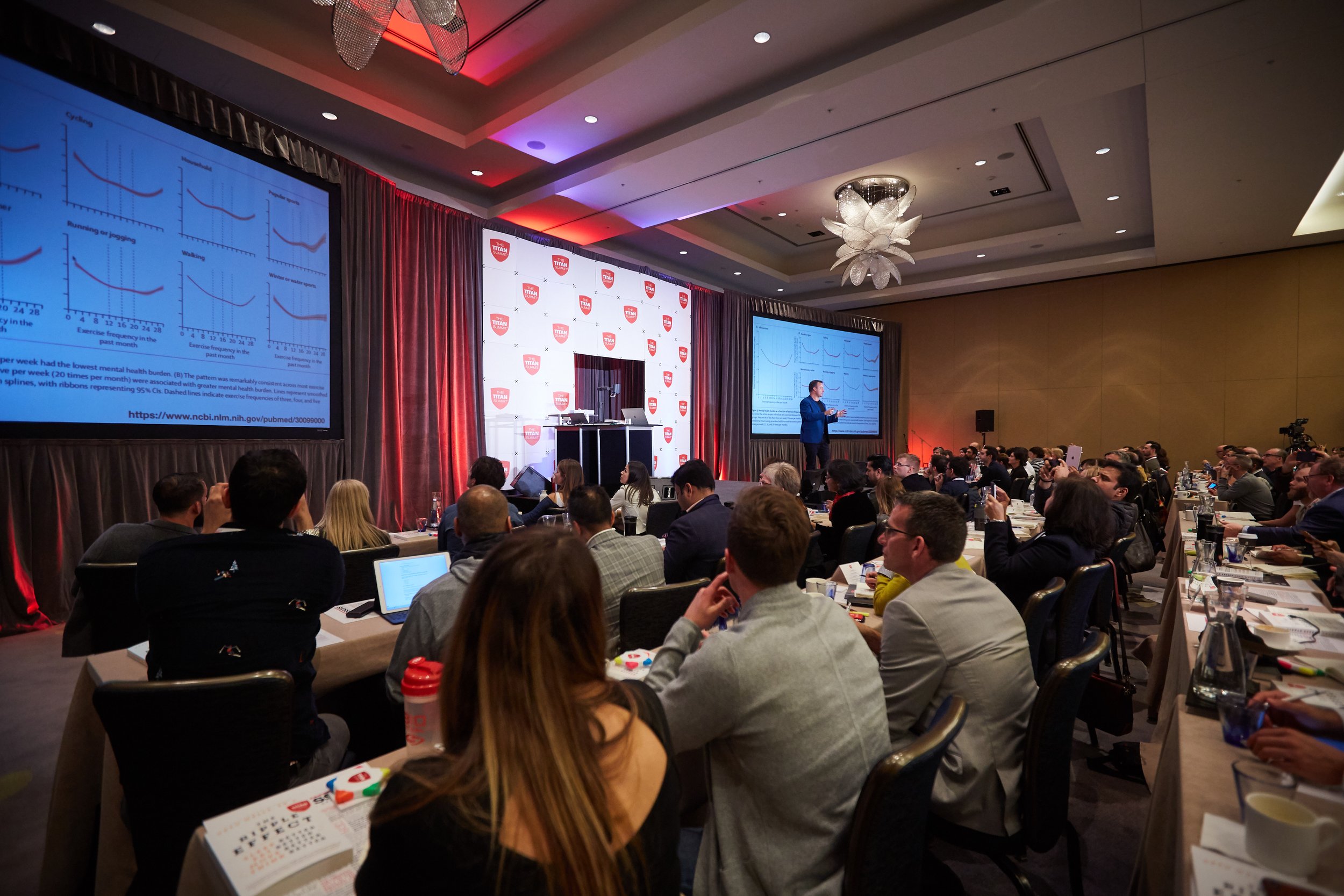
INSIGHTS
ACTIONABLE SCIENCE FROM Dr. WELLS’ NEWSLETTER
Sleep and the Brain: Memory, Creativity and Problem Solving
I’m sure you’ve noticed on days you don't get a good sleep, you struggle to concentrate, are unable to recall facts, and find it difficult to solve problems. It’s also well established that students’ academic performance is correlated with sleep quantity and quality. But what exactly is happening at night that helps us think clearly the next day?
The Power of Consistency
Trying to make changes to your lifestyle isn’t easy. We often get caught up in a cycle of “bad habits” that are hard to break. This is because we are meant to conserve energy (remember Decision Fatigue!). The challenge is then to try to implement new habits that will improve your health and performance, and get away from habits that are damaging. In order to do this, we need to make our lifestyle changes as easy as possible and we need to be consistent.
Bookend your Days
Our recent survey revealed that managing stress and anxiety is still one of the biggest pain points for members of our community. While many of you noted that your physical health has improved since the beginning of the pandemic (nice work!), for many of you, your mental health has gotten worse.
The Myth of Multitasking
In previous newsletters, we’ve discussed strategies to increase focus and how you can try to eliminate distractions as much as possible. One of the strategies we’ve discussed is Power Work, in which for a period of time a few times per day, you are focusing on your most important task and only your most important task until you get the job done or your Power Work period is over. This is also known as single tasking, which is an extremely powerful tool for you to use. If you can learn how to single task, you can uplevel your focus and boost your productivity.
The Power of Why
We hope you enjoyed a nice break over the holidays! Now that you’re recharged and refreshed, it’s time to get excited for the year ahead! We have a lot of great topics headed your way for the next few months. But first, we want to dedicate this week to taking a step back and focusing on your bigger purpose. This will set you up for the coming year and help you stay focused as we dive into more advanced topics to amplify your health and performance.
Optimize your caffeine consumption
Many of us enjoy a coffee or tea from time to time (or maybe on a daily basis). But what are the drawbacks to coffee (besides the obvious insomnia?). What’s a safe amount to drink and when should you have it? We’re dedicating this week to clearing up these answers.
Priority Management
The key is to switch from time management to priority management. Time management is living by your calendar. Priority management is getting the most important things you need to do every day done.
Leverage the Power of Nature
Have you noticed how much less stressed you are after going for a walk outside or after spending a weekend camping in the wilderness? This is because nature is so powerful in improving both physical and mental health.
Win the Morning
One of the ways in which you can set yourself up for a productive day (in work or in another area of life) is by winning the morning. The first hour of your day sets you up for success - provided you do it right! Prioritizing your morning and starting your day right allows you to be focused, creative, alert, and perform at your very best for your family, coworkers, and everyone who depends on you.
The keys to habit-formation
When your behaviour becomes a habit, you are able to sustain it because you’re not putting any mental energy into doing it. When people want to implement a behaviour change, they need to do it consistently in order to make it a habit.
The Power of Micropractices
As many of you know, one of our main mantras is that incremental improvements, or micro-gains, will help you win over the long term. Being just 1% better every day has a huge impact on your physical and mental health over time.
What Michael Phelps’ struggle for meaning can teach us about peak performance
If you locate measures of success and failure outside yourself— whether by accepting the judgment of others or internalizing it to judge yourself—you give away control of your sense of accomplishment. If you feel happiest and most satisfied when you receive external validation and rewards, then your sense of who you are (and how good of a person you are) will come from other people as well.
That’s a risky way to live and work. Fearing external judgment and relying on external validation to feel good are equally problematic. And they are both barriers to high performance.
3 techniques to trigger gamma brain waves and achieve peak performance
Great performers enter a state of complete connection to the task while remaining completely relaxed. In so doing, they consistently deliver exceptional performance. From a brain science perspective, they are able to access gamma mode, a state of intense brain activity when the entire brain works together at once.
What Alex Honnold can teach us about peak performance
I’ve spent a lot of time trying to crack the code of ultra-performance.
I do it by looping back through everything I’ve learned as a scientist and physiologist, and comparing that knowledge to everything I am learning from meeting and working with some of the highest-achieving people on the planet.
What I’ve observed is that elite performers are consistently able to access their full potential.















